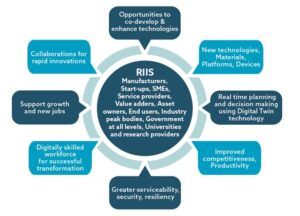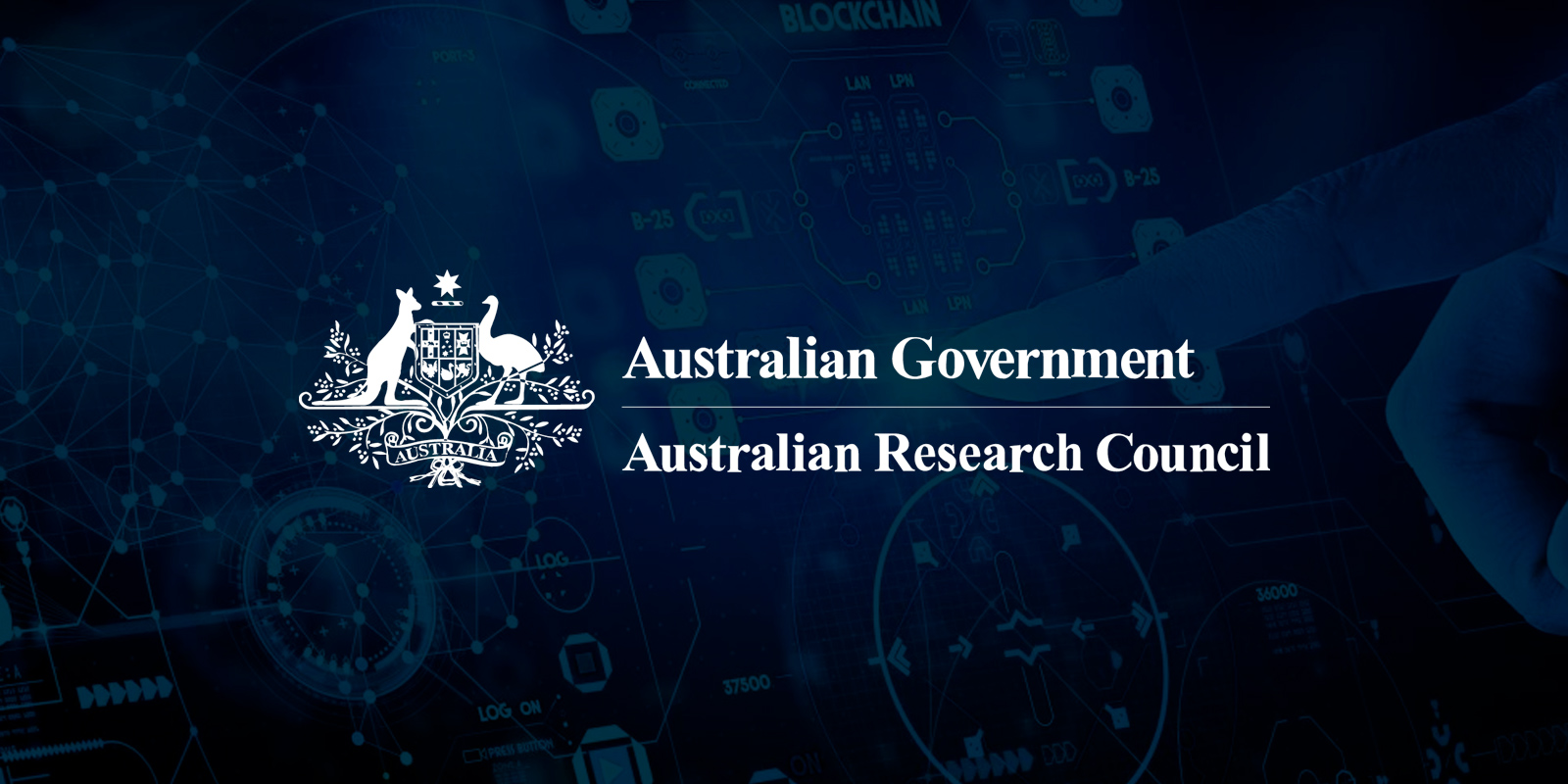UNSW is home to a brand-new Industry Transformation Research Hub. Resilient and Intelligent Infrastructure Systems (RIIS) in Urban, Resources and Energy Sectors.
The Hub which is co-funded by ARC, seventeen industry and four university partners will deliver transformational technologies to address Australia’s critical infrastructure needs.
Australia’s critical infrastructure and physical assets such as buildings, roads, bridges, rail lines, tunnels, utilities, processing plants, mines and refineries form the backbone of national productivity. Yet, according to the Australian Infrastructure Audit (2015) most of our infrastructure will be in a substandard state of repair by 2030, well below par with other OECD nations.
With demand for new infrastructure in all sectors for our growing population, combined with impacts of climate change and aging infrastructure, there is an increasing need, says Hub Director UNSW Scientia Professor Nasser Khalili, ‘for new technologies to predict infrastructure rehabilitation and renewal needs, pre-empt failure and prolong life as well as for new systems to deliver sustainable, resilient, and cost-effective infrastructure.’
 ‘RIIS will leverage a suite of innovative and integrated technologies,‘ he says, ‘to monitor, model and improve our urban infrastructure, transport, water, resource, and energy management in order to achieve economic, low-carbon, and sustainable development.’
‘RIIS will leverage a suite of innovative and integrated technologies,‘ he says, ‘to monitor, model and improve our urban infrastructure, transport, water, resource, and energy management in order to achieve economic, low-carbon, and sustainable development.’
Led by Professor Khalili (Deputy Head of the UNSW School of Civil & Environmental Engineering) and Professor Abbas Rajabifard, (Director of the University of Melbourne’s Centre for Spatial Data Infrastructures and Land Administration – CSDILA) as RIIS Deputy Director, the Hub draws strength from world class engineering and scientific research expertise at UNSW Sydney, University of Melbourne, Queensland University of Technology, and Western Sydney University, as well as a wide range of experienced industry partners.
RIIS will integrate advances in sensor technology, connectivity, data analytics, machine learning, robotics, smart materials, and reliable models to deliver resilient and adaptive infrastructure systems in urban, energy and resource sectors – sectors critical to Australia’s prosperity and well-being.
‘The benefits of RIIS research ‘Professor Rajibifard says, ‘will include improved local productivity and urban liveability, as well as increasing the resiliency & safety of our infrastructure. It will also increase our technological leadership, global competitiveness and technology export potential.’

RIIS Research and Innovation Themes
RIIS has the potential to transform advanced manufacturing, service and infrastructure engineering in Australia focussing on five main themes:
THEME 1 Sensing, intelligent and adaptive systems
- Robust, low energy sensors and actuators
- Ubiquitous positioning, sensing & communications
- Internet of Things (IoT) & sensing platforms
- Signal processing, network and sensing optimization
THEME 2 Data collection, security and integration
- Robotics, satellite, UAV, autonomous systems for data collection
- Big data management storage & transmission
- Data security, robustness and reliability
THEME 3 Modelling, simulations and prognostics
- Predictive modelling simulation & performance assessment
- Physics-informed artificial intelligence machine learning & explanation
- Real-time analytics – adaptive decisions
THEME 4 Infrastructure health monitoring and predictive maintenance
- Degradation quantification & failure prediction
- Risk & safety
- Service life assessment
- Remedial & renewal technologies
THEME 5 Spatial data, Digital Twins and decision support
- Integration & structuring of data & prognosis
- Digital twins & decision support
- Visualisation, virtual reality & interactive guidance systems
- Adaptive, intelligent & resilient design
The Hub will provide opportunities for industry and university partners to develop, co-design, and enhance technologies suitable for safe and sustainable operations, further strengthening the resilience and intelligent capability of existing and new infrastructure, transportation networks, distribution systems, minerals and energy sectors, and other hard infrastructure.
Additional partnership opportunities in R&D are available to expand and invest in RIIS’s exciting collective research investigation program.
To discuss your participation interest please contact
RIIS Hub Director: Scientia Professor Nasser Khalili n.khalili@unsw.edu.au
or
Hub Manager: Ms Theresa Wisnewski. RIIS@unsw.edu.au

